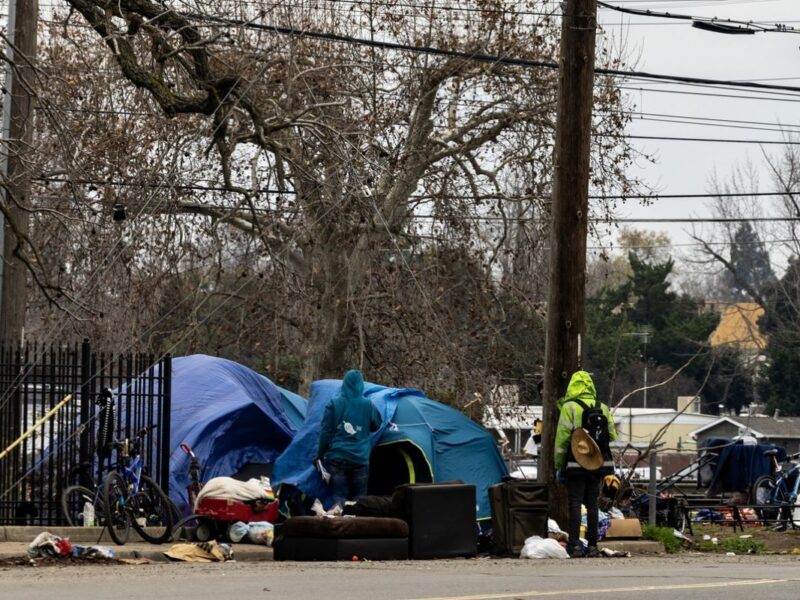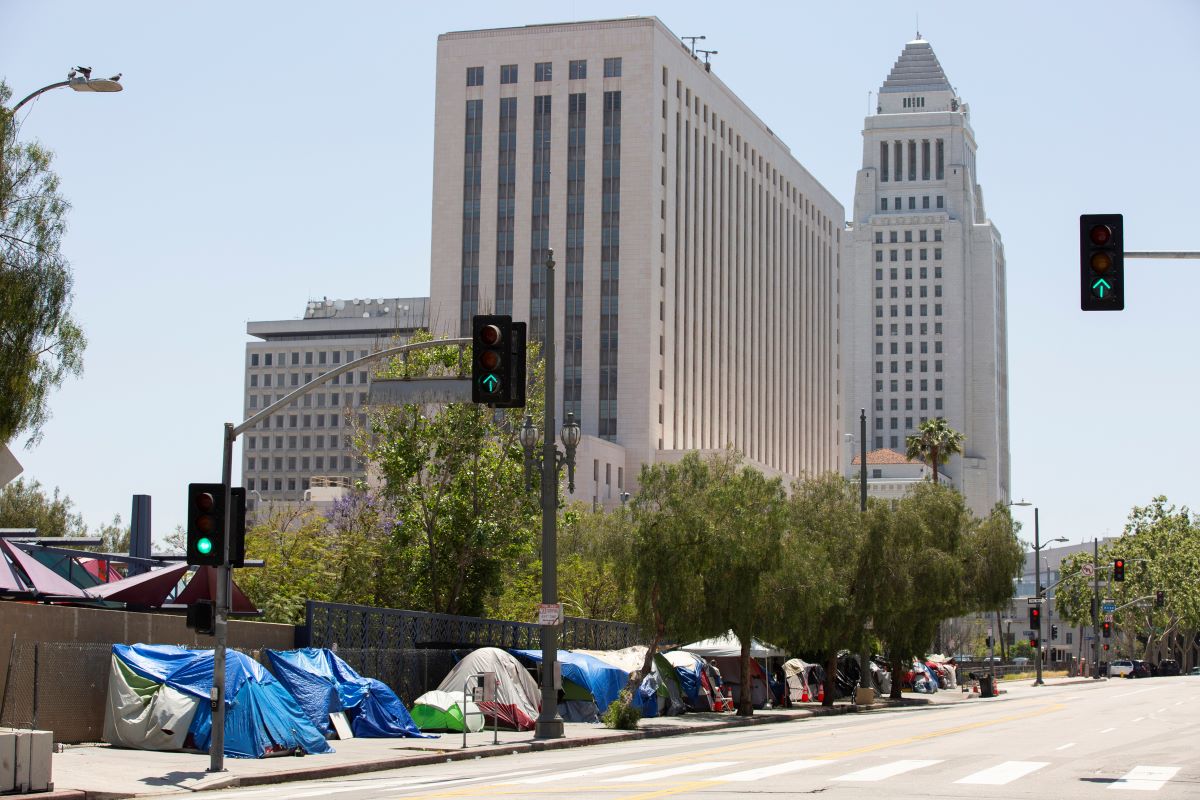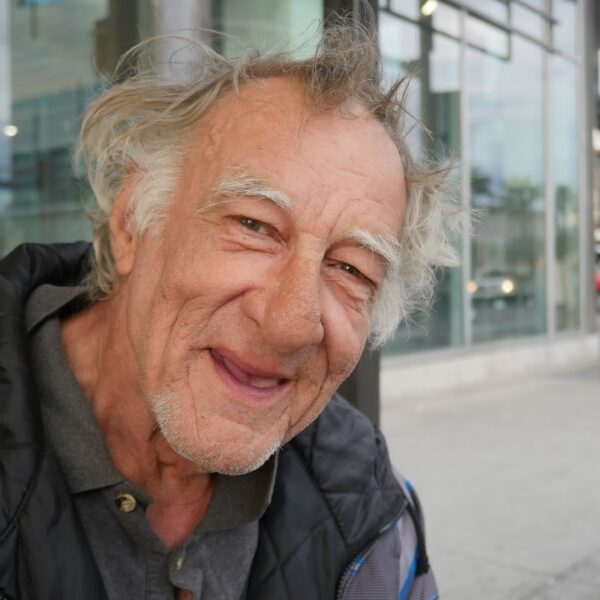L.A. Mayor Bass Asks Wealthy Angelenos to Help Solve Homelessness as Courts Question Punitive Approach
Los Angeles Mayor Karen Bass asked wealthy Angelenos to help the city purchase motels and hotels that could be turned into supportive housing for people experiencing homelessness during her State of the City address on April 15.
The new strategy was announced one day before a federal judge found that Los Angeles officials had altered evidence in a case concerning whether the city illegally destroyed homeless people’s property after conducting a sweep.
It comes as homelessness continues to grow across L.A. and California. According to the latest federal data, there are more than 46,000 people experiencing homelessness on a single night in the city of Los Angeles, representing a 10% increase from 2023. Across LA County, there are more than 75,000 people experiencing homelessness, a roughly 9% year-over-year increase.
“We have brought the public sector together – and now we must prevail on the humanity and generosity of the private sector,” Bass said in her speech.
The new partnership the city seeks to forge with wealthy Angelenos is known as LA4LA. Bass called it an “unprecedented partnership” that could disrupt the status quo of how the city has historically responded to homelessness.
“For years, there was simply no city system – towing, storage, and safe parking – to address this part of the crisis. So the crisis grew and grew,” she said.
Bass also framed the new partnership as an extension of the city’s Inside Safe program, which uses city-owned property to provide housing for people experiencing homelessness. Bass said the program is active in 47 neighborhoods across the city.
“We all know that inside is always healthier than outside,” she continued.
However, city officials and federal judges have questioned the city’s narrative that it didn’t have enough tools to combat homelessness.
In March, a federal judge ordered the city to conduct a comprehensive outside audit of its homeless services system. The audit is expected to cost the city roughly $2.2 million and could be completed by the end of the year, according to the L.A. Times.
Judge David O. Carter issued the order as part of a lawsuit filed by the nonprofit L.A. Alliance for Human Rights, which has alleged that the city does not provide enough shelter or resources for people living on the streets.
Another federal judge also found that Los Angeles city officials had altered evidence that they destroyed the personal property of people experiencing homelessness who were caught up in sweeps. The city also failed to produce relevant documents related to the case and warned that the city could face sanctions for its actions.
“Suffice it to say that the City’s credibility has been damaged significantly,” Judge Dale S. Fischer wrote in her ruling.
The efforts to enlist wealthy Angelenos to help end homelessness in the city is happening at a time when the Supreme Court could completely rewrite the playbook regarding how cities address homelessness.
On April 22, the Supreme Court heard oral arguments in Johnson v. Grants Pass, which seeks to overturn a 9th Circuit ruling that prevents cities from punishing people experiencing homelessness with fines, fees, and imprisonment if no shelter is available.
Plaintiffs in the case have argued that the 9th Circuit’s decision in Martin v. Boise has essentially prevented cities from addressing homelessness. California leaders like Gov. Gavin Newsom and San Francisco Mayor London Breed have urged the Supreme Court to overturn the precedent.
Defendants have argued that allowing cities to punish people experiencing homelessness is cruel and unusual punishment. For instance, the ACLU argued in its amicus brief that cities are basically asking to punish people experiencing homelessness for simply existing.
“There is no punishment that fits the ‘crime’ of being forced to sleep outside. Arresting and fining unhoused people for simply existing is a profound betrayal of the respect for human dignity that the Supreme Court has long recognized is at the core of the Eighth Amendment’s protections,” Scout Katovich, staff attorney with the ACLU Trone Center for Justice and Equality, said in a press release.
How You Can Help
Handcuffs will never solve homelessness. The pandemic proved that we need to rethink housing in the United States. It also showed that many programs designed to address homelessness are rooted in law enforcement rather than social services.
Tell your representatives you support revamping how your city addresses homelessness. Handcuffs do not get anyone closer to stable housing. Instead, we must focus on compassionate solutions, the first step to ending homelessness.












